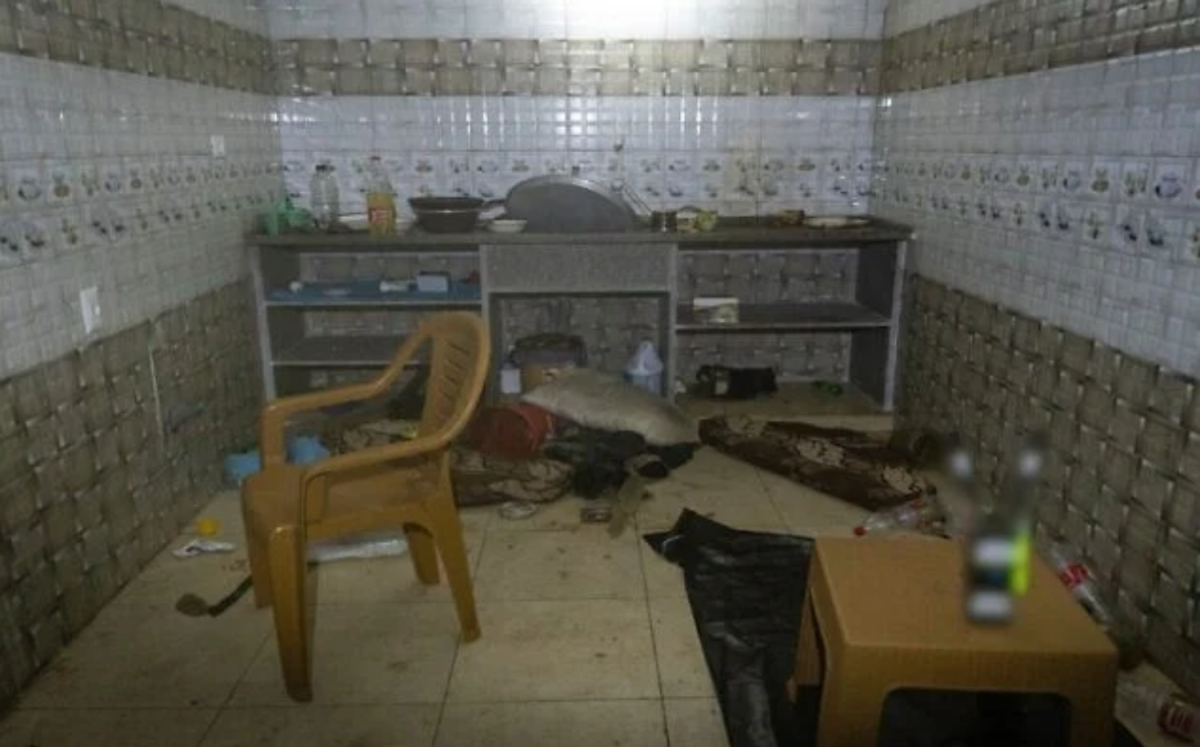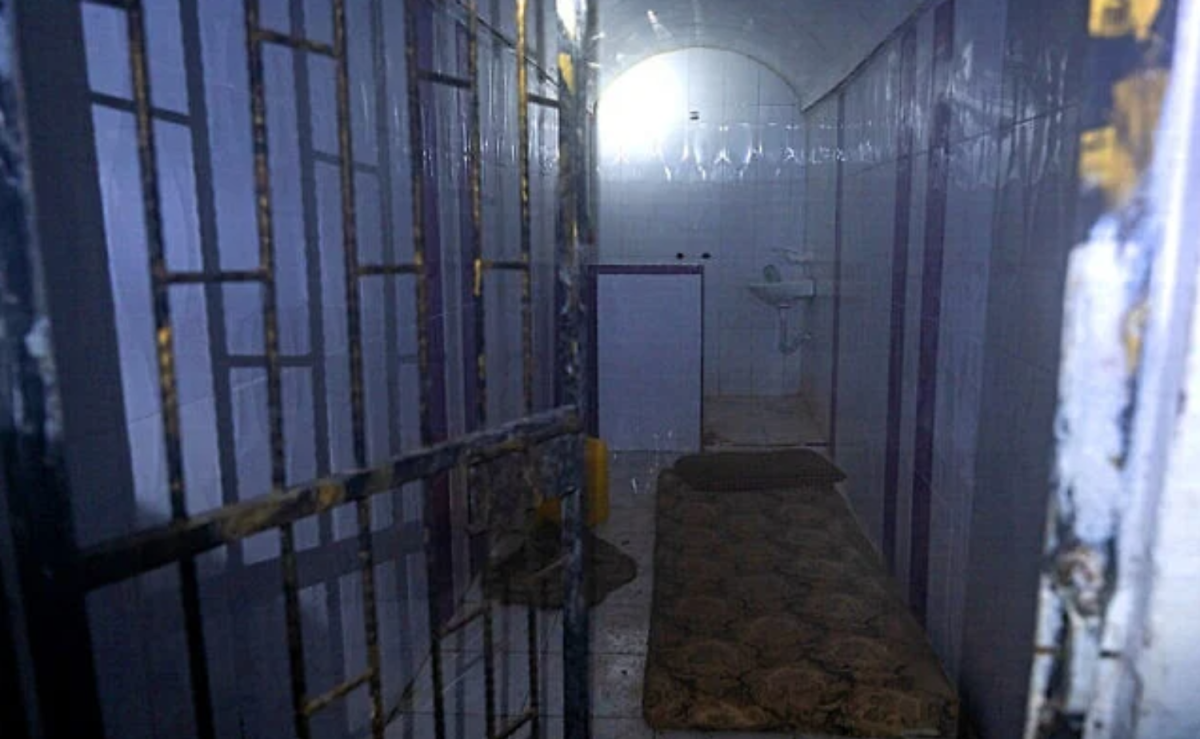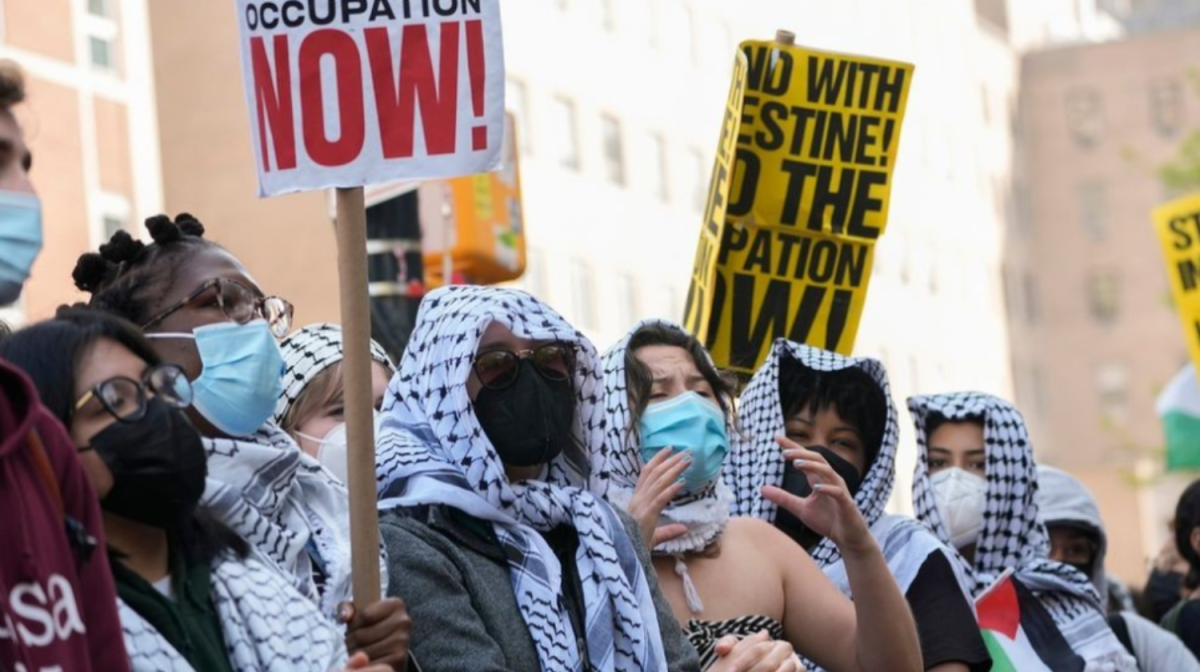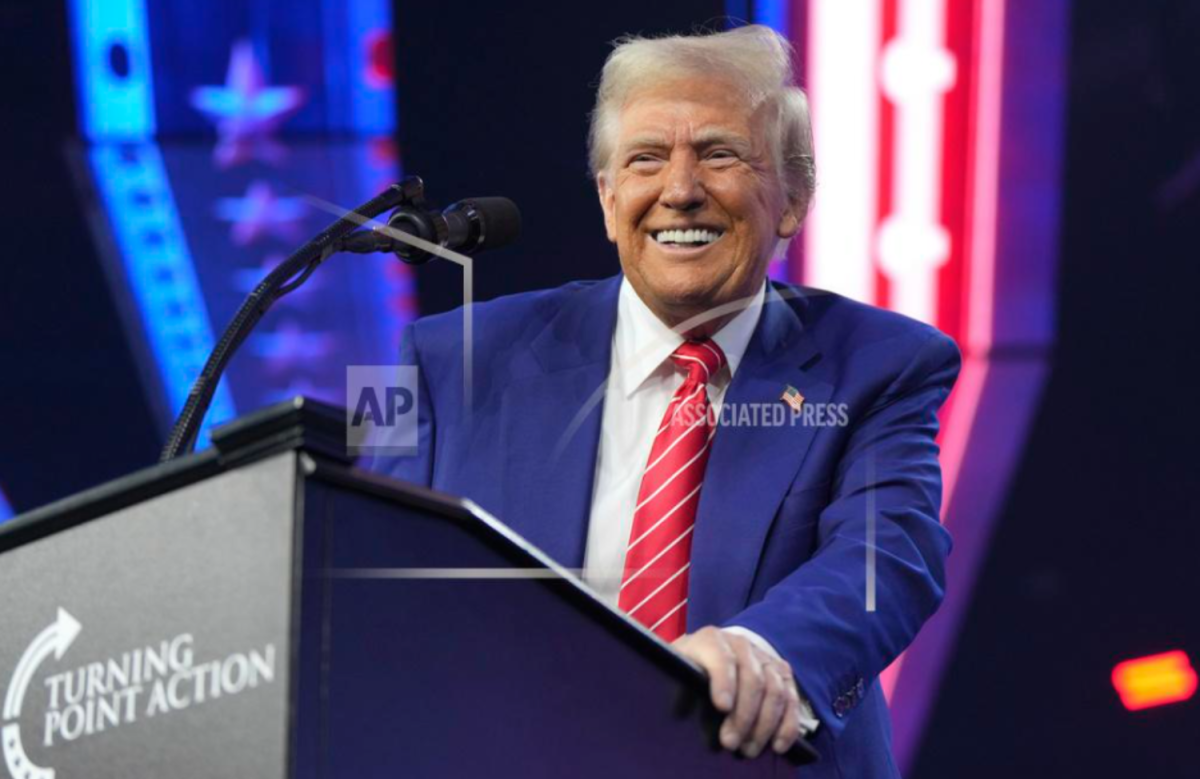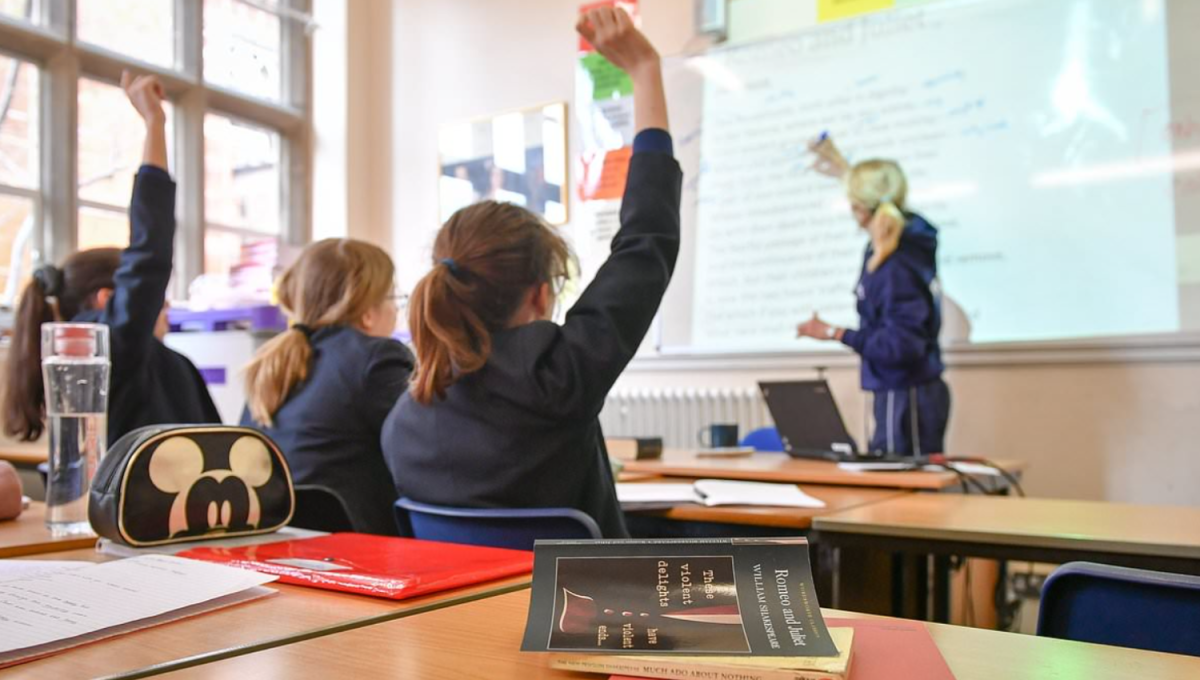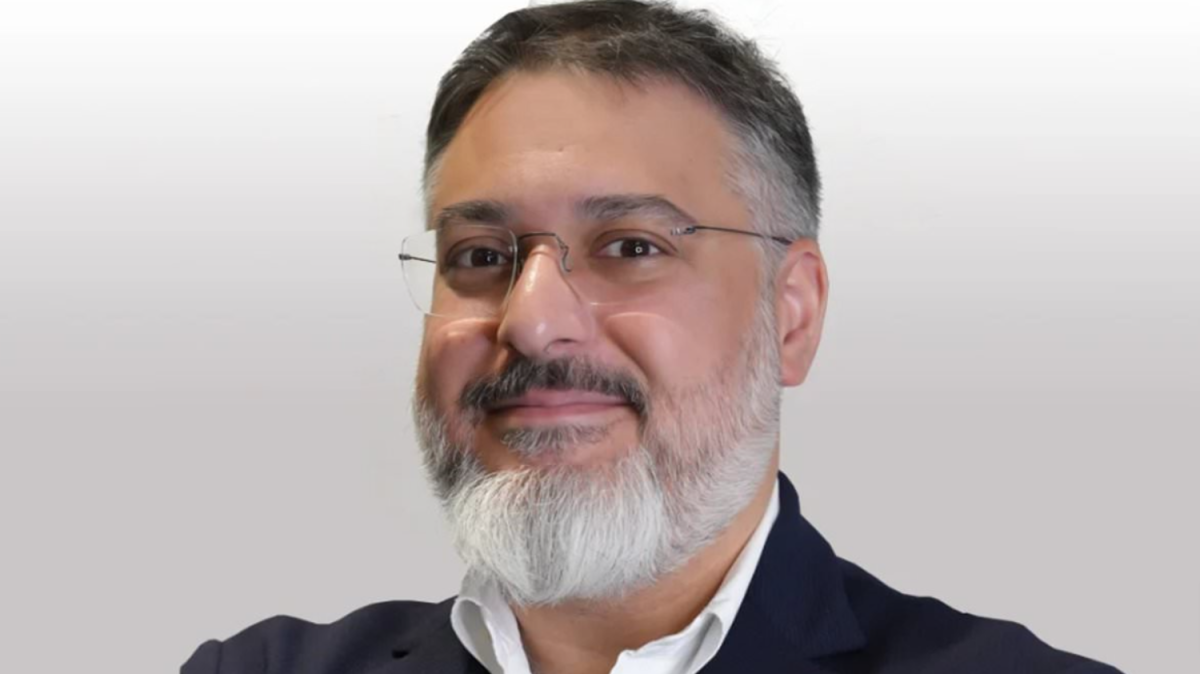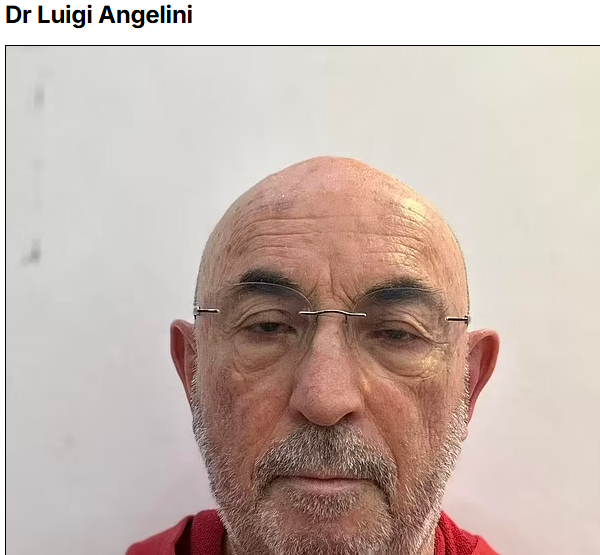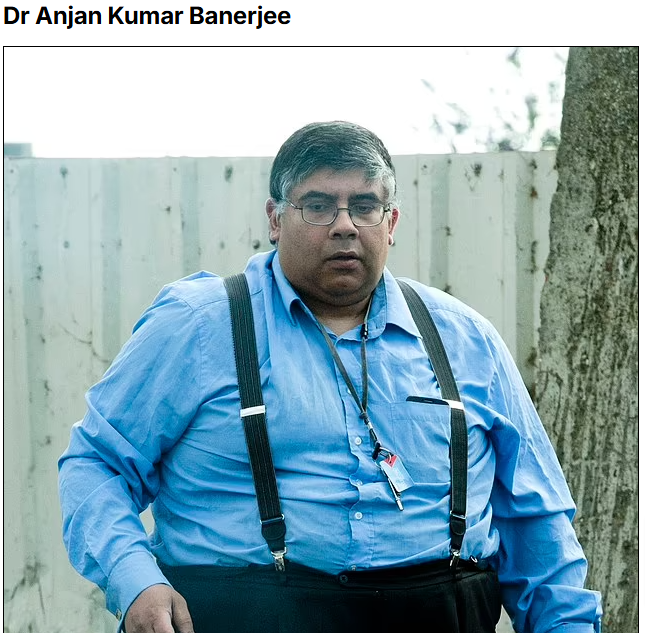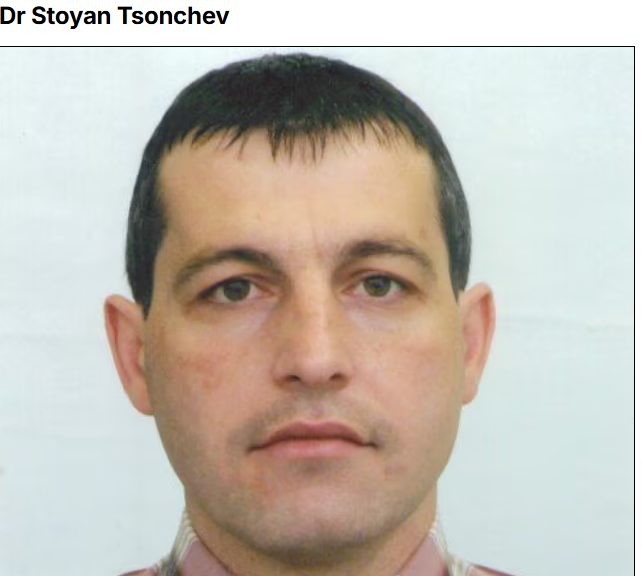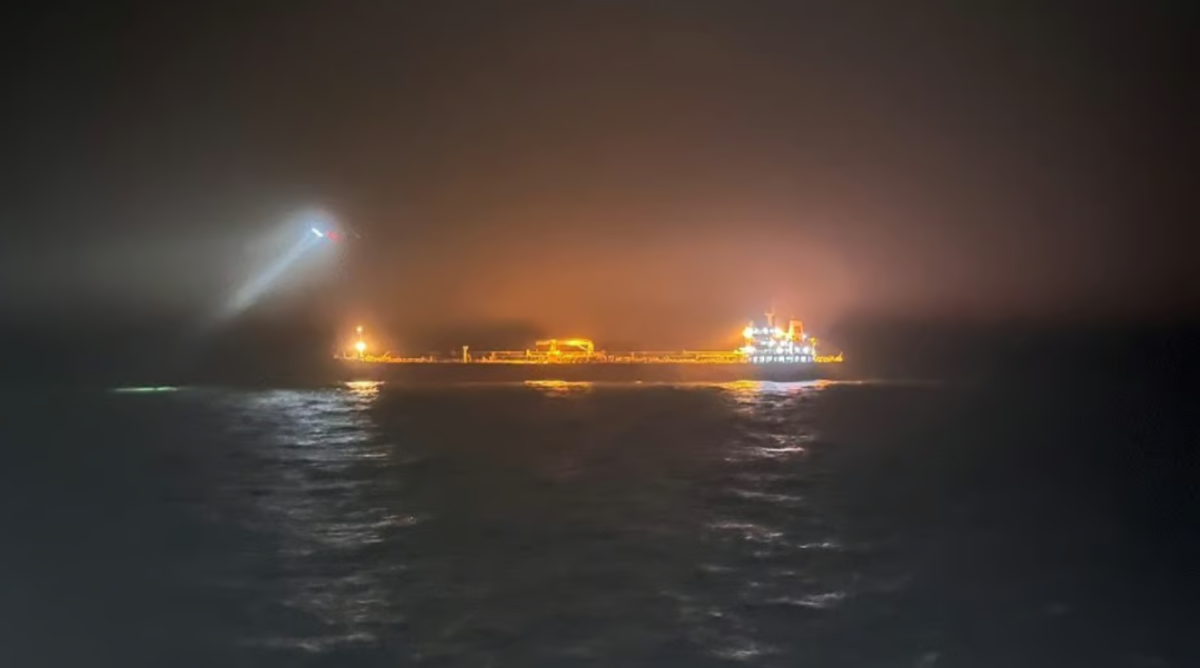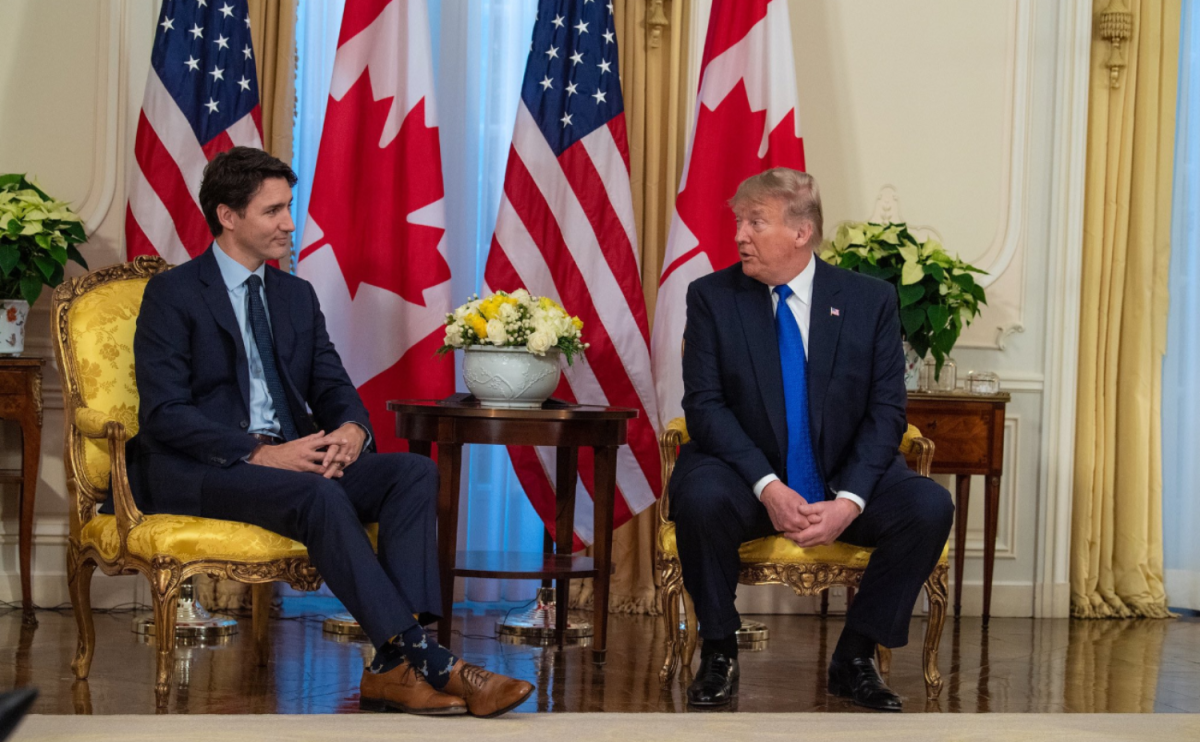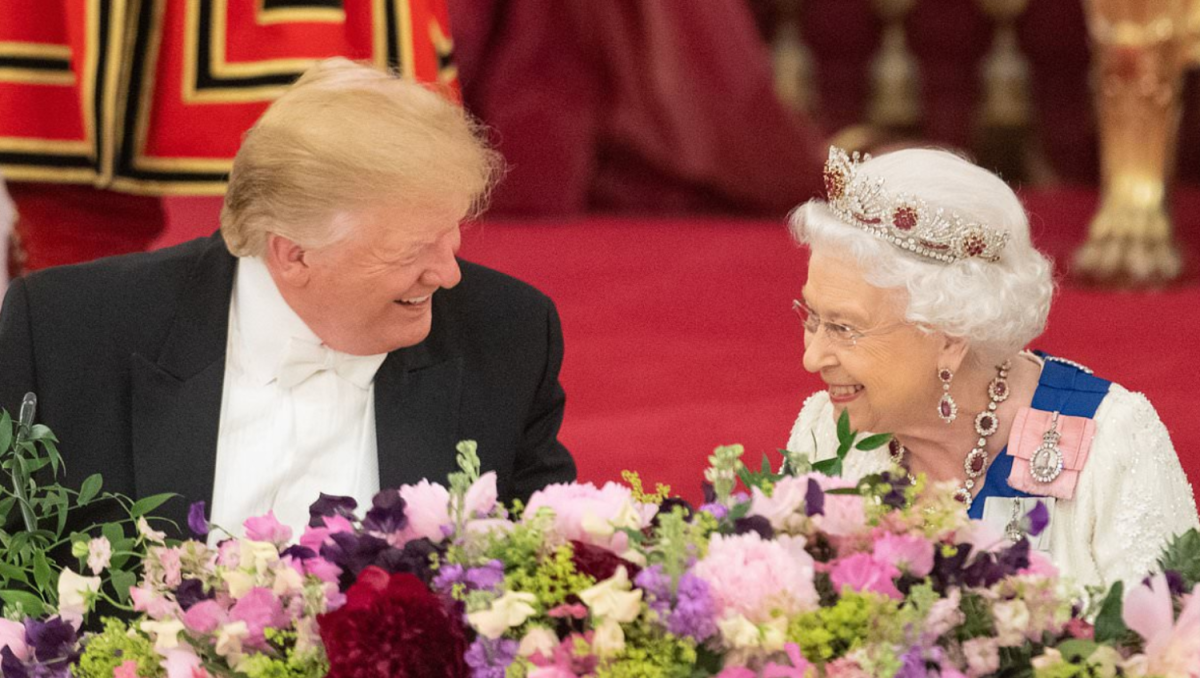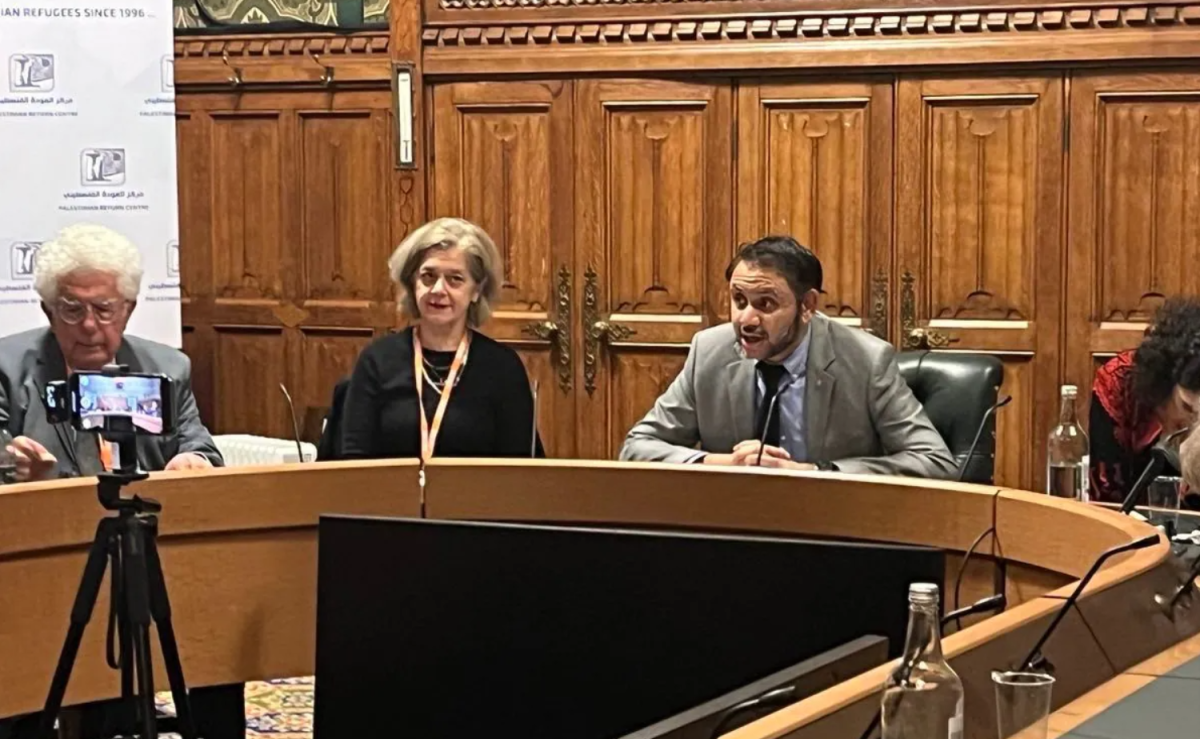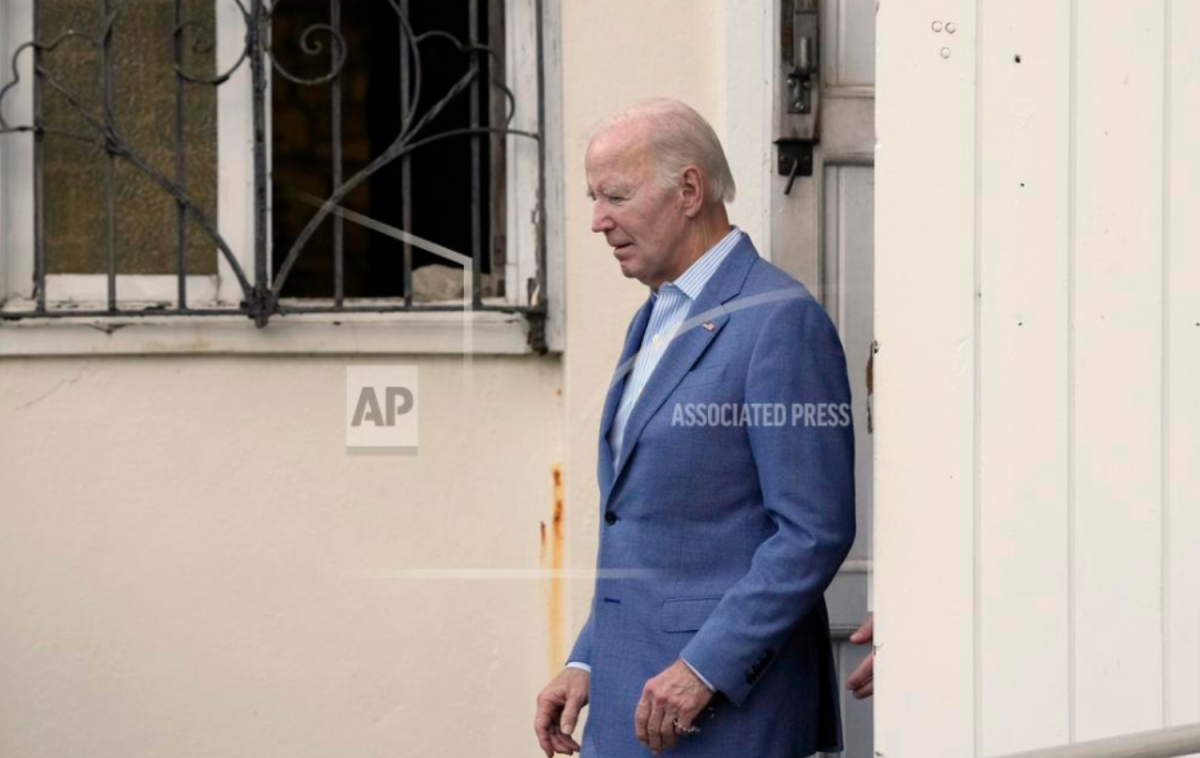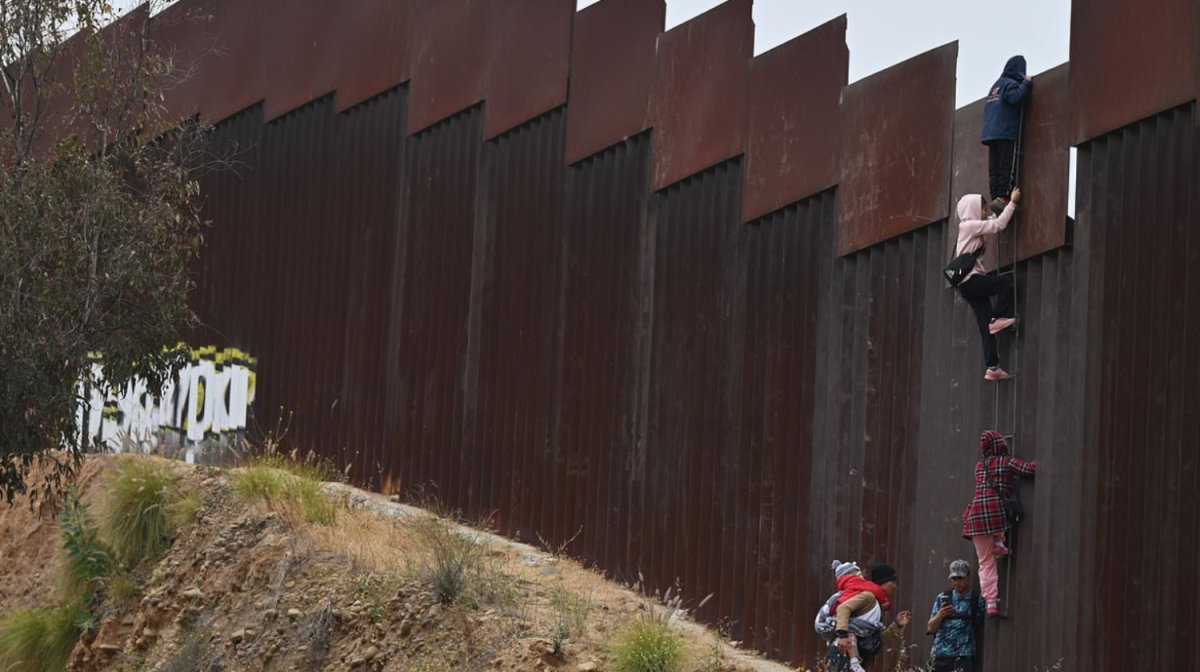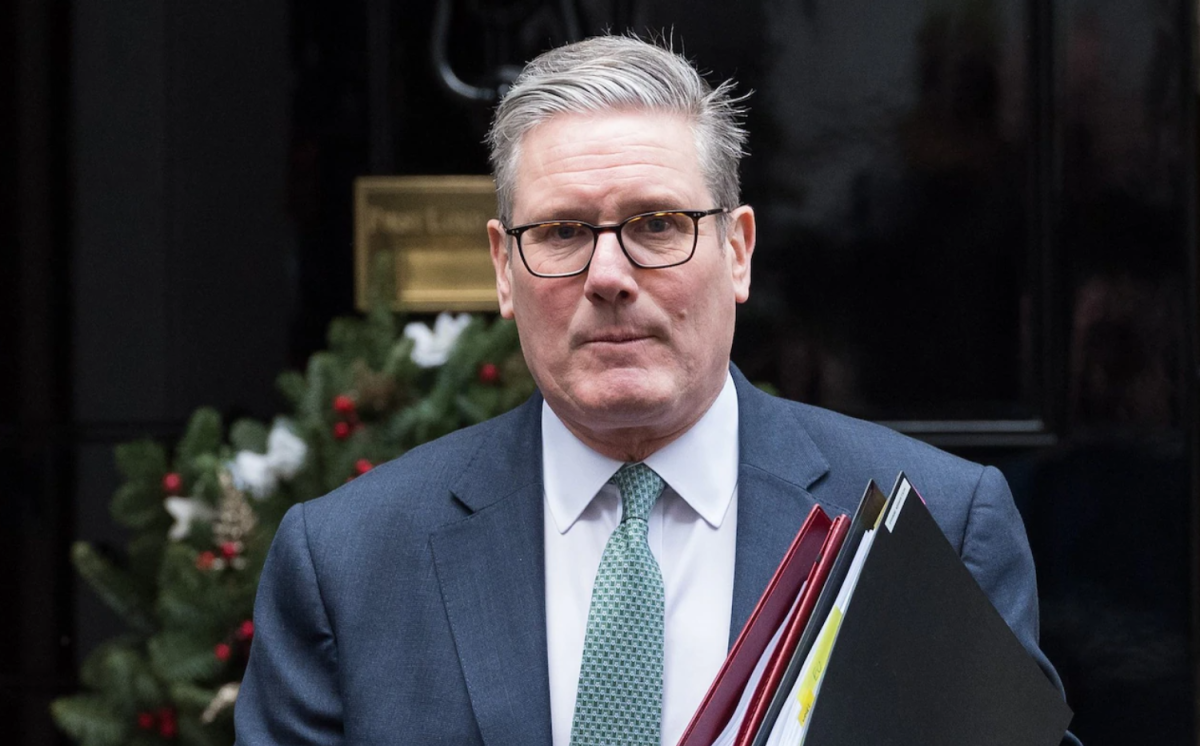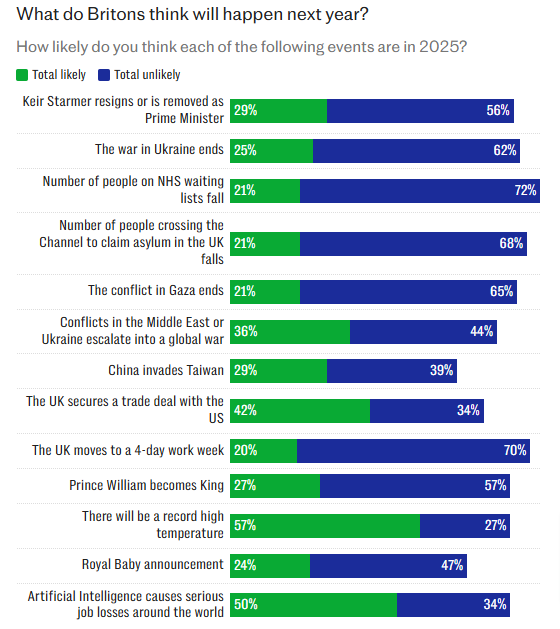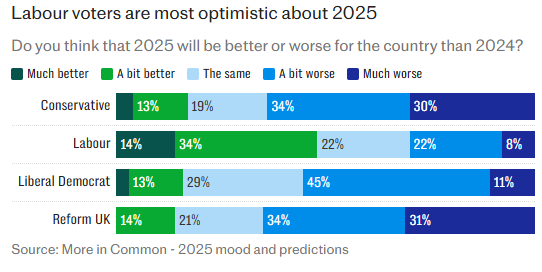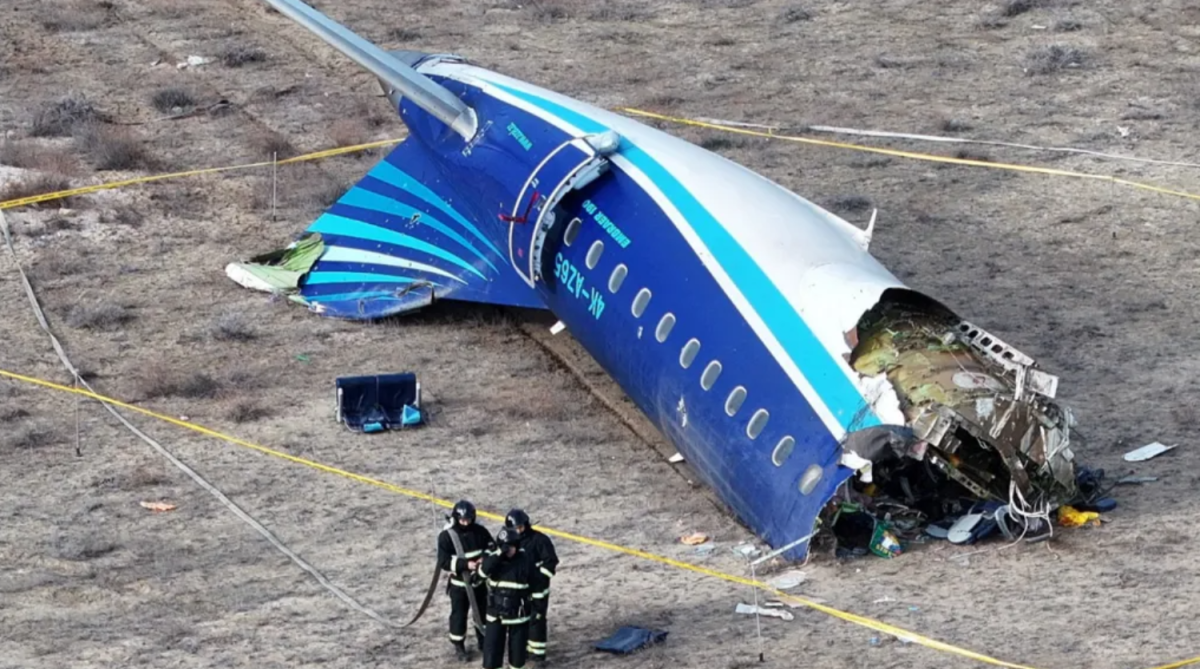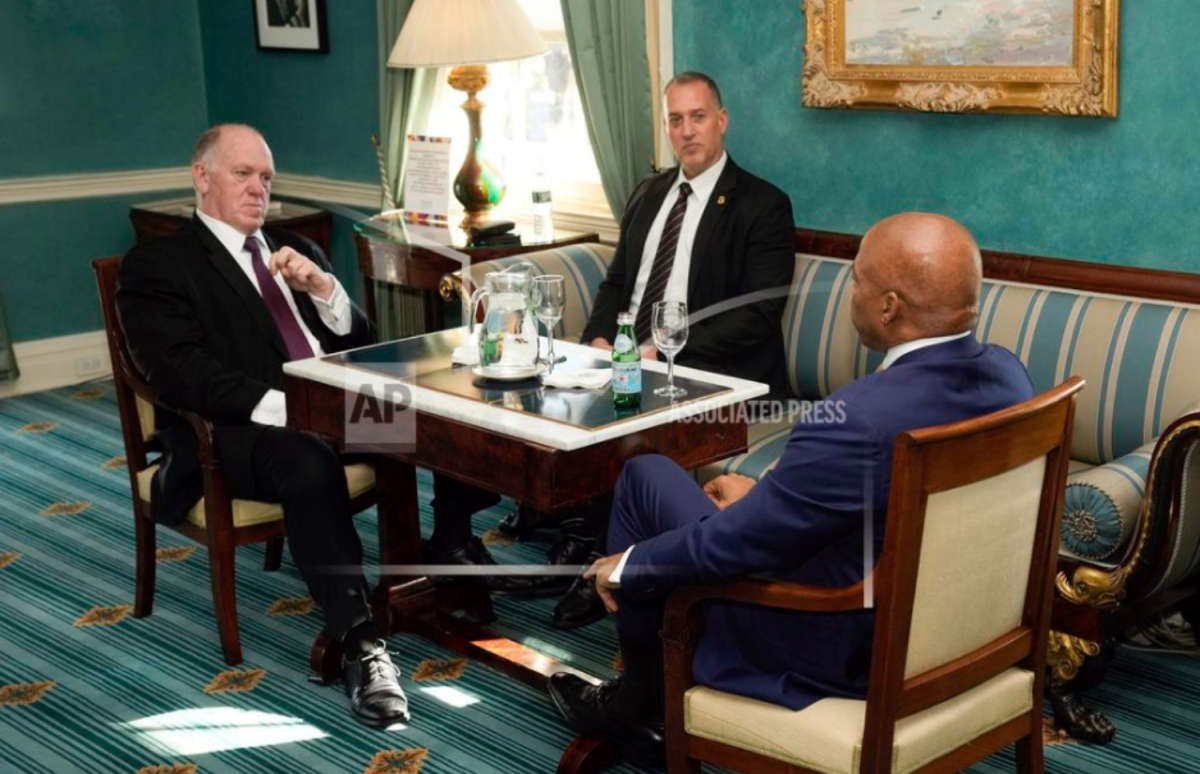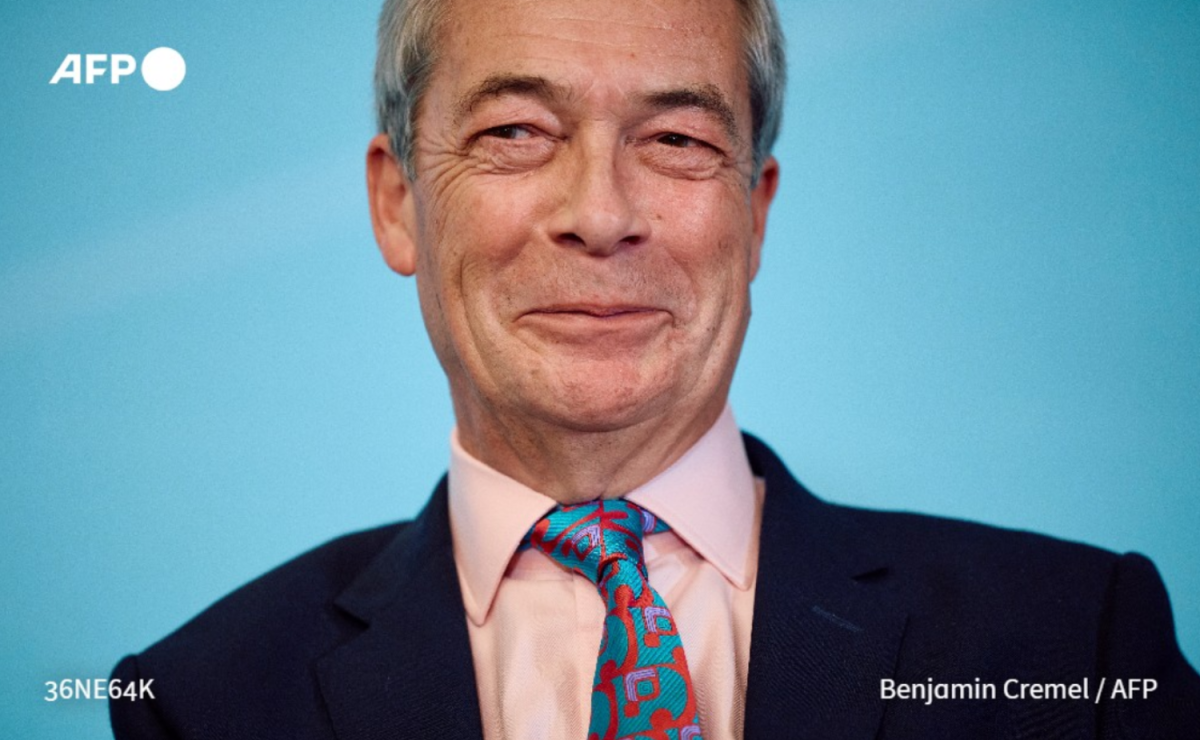-
Posts
10,694 -
Joined
-
Last visited
Content Type
Events
Forums
Downloads
Quizzes
Gallery
Blogs
Everything posted by Social Media
-
Teens forced to perform sexual acts on each other: Report to UN details Hamas torture. Government document compiles grim details of abuse of hostages, including whipping, branding with heated iron, isolation, binding, starving, maltreatment and psychological torment. The report from Israel’s health ministry details the horrific torture and abuse inflicted on the hostages in Gaza. More on the report from Sky News: According to the report, the terrorist captors forced two minors to perform sexual acts on one another and compelled them to take off their clothes in front of them, touched their private parts, and whipped their genitalia. The same two former hostages also reported that “they were held bound and were beaten throughout their captivity. Signs of binding, scars, and marks consistent with trauma were found,” the report says. “Additionally, two young children had burn marks on their lower limbs,” the report adds. “One child stated that the burns were the result of a deliberate branding with a heated object. Both the child and adults who were with him in captivity described the incident as a purposeful branding event, not an accident. It was described as an extremely traumatic experience.” “One of the returned hostages described being sexually assaulted at gunpoint by a Hamas terrorist,” the report says. “On several occasions, captors forced women of all ages to undress while others, including the captors, watched. Some women reported that the captors sexually assaulted them. Some former hostages have spoken publicly. Earlier this year, freed hostage Amit Soussana told The New York Times of how she was forced to perform “a sexual act” on one of her captors. Conditions were ‘designed to torture the hostages psychologically’. A total of 251 hostages were abducted from Israel on October 7, 2023, during the Hamas-led onslaught in southern Israel that killed 1,200 people. Ninety-six of them remain in Gaza, including the bodies of at least 34 confirmed dead by the IDF. Hamas released 105 civilians during a weeklong truce in late November, and four hostages were released before that. Eight hostages have been rescued by troops alive, and the bodies of 38 hostages have also been recovered, including three mistakenly killed by the Israeli military as they tried to escape their captors. Captives, including children, were forced to watch videos of the October 7 atrocities. Many of the terrorists who took part in the attack filmed it, including extreme acts of cruelty. The men, meanwhile, “endured severe physical abuse, including continuous starvation, beatings, burns with galvanized iron (branding), hair-pulling, confinement in closed rooms with a limited amount of food and water, being held in isolation with hands and feet tied, and being denied access to the bathroom, which forced them to defecate on themselves.” The Hostages and Missing Families Forum said the report painted “a grim reality of the physical abuse and psychological torment” endured by the hostages. It urged a comprehensive deal “to secure the immediate release of all hostages.” Based on reports by AFP | VOA News | TOI | 2024-12-31 Related Topics Harrowing Captivity: The Ordeal and Rescue of Hostages Held by Hamas Chilling Confessions Father and Son Describe Sexual Crimes During Hamas Invasion New Very Disturbing Video Released of 5 Female Hostages being abducted by Hamas on Oct 7th UN finds evidence of rape on Oct. 7 and after; Israel: They tried to downplay issue
-
Columbia University has launched an investigation into a controversial student newspaper titled *The Columbia Intifada*, which has sparked significant backlash. The university disavowed the publication, emphasizing that its association with the institution’s name and its messaging are unacceptable. Columbia University is so embedded in Anti-Israel propaganda that it has a publication entitled “The Columbia Intifada.” What is needed in our society is a revolution of the responsible against the Intifada idiocy of the far left. The publication was publicly endorsed by Columbia University Apartheid Divest (CUAD), which promotes itself as a New York City-based organization supporting Palestinian liberation. CUAD announced the release of the newspaper via Instagram, stating: “Columbia SJP’s first ever print paper ‘The Columbia Intifada’ is available at today’s READ-IN at BUTLER LIBRARY 301! We’re distributing 1,000 copies — get them while you can! From the river to the sea, Palestine will be free.” In response, Columbia University issued a strongly worded statement condemning the association of its name with the publication, saying, “Using the Columbia name for a publication that glorifies violence and makes individuals in our community feel targeted in any way is a breach of our values. As we have said repeatedly, discrimination and promoting violence or terror is not acceptable and antithetical to what our community stands for.” The university added that it is investigating the matter through its appropriate offices and policies. The paper has also drawn criticism from political and organizational leaders. Representative Ritchie Torres, D-N.Y., expressed his disapproval on X, formerly Twitter, writing, “Columbia University is so embedded in Anti-Israel propaganda that it has a publication entitled ‘The Columbia Intifada.’ What is needed in our society is a revolution of the responsible against the Intifada idiocy of the far left.” Jonathan Greenblatt, CEO of the Anti-Defamation League, also criticized the publication, calling it “beyond offensive.” He stated, “It’s a provocation. It’s an incitement. It’s a not-so-veiled threat against Jewish & Israeli students. Columbia can’t just condemn; the administration must hold the culprits accountable.” The controversy has brought national attention to Columbia University, highlighting tensions over free speech, campus activism, and the broader implications of the Israeli-Palestinian conflict. Based on a report by NBC 2024-12-31
-
President-elect Donald Trump, known for his bold rhetoric during the campaign trail, has recently tempered his grandiose promises as he transitions to governing. Throughout his campaign, Trump pledged sweeping actions, such as quickly reducing costs, resolving the Ukraine war even before taking office, and using tariffs to boost the U.S. economy and manufacturing. However, since his victory in November's election, he has suggested that fulfilling these commitments may prove more challenging than initially portrayed. In a recent interview on "Meet the Press," Trump admitted he could not guarantee that tariffs wouldn't lead to higher consumer prices. During a separate interview with *Time* magazine, where he was honored as Person of the Year, Trump acknowledged the complexities of lowering costs. “It’s difficult to bring down the cost of groceries once they’ve gone up,” he conceded. Similarly, during his first post-election press conference from Mar-a-Lago in Palm Beach, Florida, Trump signaled that resolving the war in Ukraine might be even more complex than managing tensions in the historically volatile Middle East. Critics, including Democrats, were quick to interpret these remarks as a backpedaling of campaign promises. Some suggested Trump was lowering expectations or reneging on his commitments. Senator Elizabeth Warren (D-Mass.) highlighted this sentiment, posting on X, “Candidate Trump promised to lower grocery prices, but now it seems he isn’t even going to try.” She added, “While champagne corks pop at Mar-a-Lago, President-elect Trump says that he can’t really lower grocery prices because it’s ‘very hard.’ Sad. It’s the start of a broken promise.” Nonetheless, Trump’s allies defended his shift in tone, framing it as a natural transition from campaign rhetoric to the more nuanced responsibilities of governing. “The American people re-elected President Trump by a resounding margin, giving him a mandate to implement the promises he made on the campaign trail. He will deliver,” said Karoline Leavitt, a spokesperson for the transition team and incoming White House press secretary. One Trump ally dismissed accusations of inconsistency, asserting that the president-elect was merely moving away from the dramatic sales pitch typical of campaigns. Trump himself suggested a pragmatic outlook when asked if his presidency would be considered a failure if costs didn’t decline. “Look, they got them up. I’d like to bring them down. It’s hard to bring things down once they’re up,” he said. “But I think that they will. I think energy is going to bring them down. I think a better supply chain is going to bring them down. You know, the supply chain is still broken.” In other areas of foreign affairs, Trump has oscillated between his characteristic bombast and newfound pragmatism. He floated provocative ideas such as suggesting Canada become the 51st U.S. state and revisiting American control of the Panama Canal, alongside revisiting Greenland’s acquisition as a "necessity." Analysts speculate these statements could be part of strategic negotiating tactics aimed at leveraging trade and tariffs to benefit the U.S. Regarding the Ukraine conflict, Trump appeared to step back from his earlier debate-stage assertion that he would end the war “before even becoming president.” This week, he told reporters that resolving the Ukraine-Russia war would likely be more challenging than managing tensions in the Middle East, a region rife with conflicts involving Israel, Iran, and Syria. While Democrats frame these shifts as early evidence of broken promises, Trump and his team argue that the adjustments reflect a realistic approach to governing—a balance between ambition and practicality. As the president-elect prepares to take office, the weight of global complexities and domestic challenges appears to be shaping his approach to the promises that energized his campaign. Based on a report by The Hill 2024-12-31
-
Perched on the scenic Northumberland coast, Alnmouth Village Golf Club, one of the UK's oldest golf establishments, is grappling with a grave threat to its future—rising sea levels and coastal erosion. Established in 1869 by renowned Scottish golfer Mungo Park, the club holds the distinction of being the oldest nine-hole links course in the country. However, its historic status and breathtaking location now hang in the balance as tidal storms and relentless waves encroach upon its grounds. The club has already lost 10 meters of land to the sea, a stark reminder of the increasing impact of climate change. Ian Garrett, a representative of the club, highlighted the severity of the situation, saying, "We're facing a serious challenge to the history of the club. Tidal storms and coastal erosion have increased in frequency over the last decade." Efforts are underway to mitigate the damage, with timber sea defences being restored and repaired. Wooden groynes, designed to limit sediment movement and slow erosion, aim to collect sand and form a natural barrier against the advancing waves. Yet concerns persist about the long-term efficacy of these measures. "This affects the whole bay," Garrett warned, emphasizing the broader implications for the area. "That potentially means significant funding. There's a far bigger challenge here." Alnmouth Village Golf Club’s plight underscores a wider issue affecting coastal communities across the UK. The acceleration of coastal erosion, driven by rising sea levels and more frequent storms, poses a growing threat. A spokesperson from the Department for Environment, Food and Rural Affairs (Defra) acknowledged the scale of the problem, noting the government’s commitment of £2.4 billion over the next two years to bolster flood and erosion defenses. Additionally, a newly established Flood Resilience Taskforce is tasked with enhancing preparation and protection efforts nationwide. However, Alnmouth faces unique challenges due to its private ownership. The financial burden for its upkeep falls squarely on the patrons, limiting access to public funding. Club member Tim Irwin stressed the significance of the golf course beyond its recreational purpose. "It's very important to this community," he said. "It provides jobs and tourism, bringing a lot of income into the local community." The situation has sparked broader discussions about how the UK’s coastline can be managed in the face of climate change. The climate campaign group One Home argues that difficult decisions must be made about what can and cannot be preserved along the coastline. As Alnmouth Village Golf Club fights for its survival, it stands as a poignant symbol of the challenges faced by communities that rely on the sea for their livelihoods and heritage. The question remains: how much can be saved, and at what cost? Based on a report by Sky News 2024-12-31
-
Labour is facing renewed controversy over its education policies as plans emerge to overhaul the national curriculum in England to better reflect the "diversity" of modern Britain. Education Secretary Bridget Phillipson has ordered a review, labeling the current curriculum as "outdated" and emphasizing the need for changes that address the "diversities of our society." The review's terms of reference indicate a focus on ensuring that every child feels represented in their education and has access to a broad range of subjects. Reports suggest unions and teaching organizations have urged a "decolonization" of curriculum content deemed "monocultural." This announcement comes amid backlash against Labour’s other recent educational reforms, including the introduction of a 20 percent VAT on private school fees, a policy that took effect this week. Defending the move, Ms. Phillipson claimed to represent "pushy middle-class parents" who are largely unable to afford independent schooling. “The average private school fee has reached the considerable sum of about £18,000 a year,” Phillipson remarked. “Middle-class parents in good professional jobs with housing costs just can't afford that level of fee, and they want brilliant state schools. This policy allows us to raise more money to invest in what really matters for families.” Her comments were met with outrage. Critics accused her of class warfare, with campaigners arguing that the policy unfairly targets families from diverse socioeconomic backgrounds who rely on independent schools. Dr. Julie Robinson, chief executive of the Independent Schools Council, countered: “The majority of our schools are far removed from the stereotype of independent education propagated by the Government. A typical independent school is a small day school that does not have the means to cut their budget by a fifth to absorb this unprecedented tax. The families who choose these schools come from a variety of backgrounds, including middle-class incomes.” Meanwhile, Shadow Education Secretary Laura Trott criticized the curriculum review, suggesting Labour’s focus was misplaced. “Instead of spending time fiddling with our academic curriculum, which has led to English children being the best at maths and English in the Western world, the DfE needs to concentrate on getting absence rates down and kids back in the classroom.” Professor Becky Francis, appointed to lead the curriculum review in July, has emphasized a balanced approach, promising to consider how proposed changes might affect teachers' workloads. The Department for Education (DfE) has also stressed that the review will aim for "evolution, not revolution." As the debate continues, Labour's reforms face scrutiny from critics and supporters alike. Shadow Foreign Secretary Priti Patel accused Ms. Phillipson of being a "Left-wing ideologue," stating, “This is more gaslighting from this socialist government that has broken its general election promises. The most socialist Government since the 1970s.' With the Government’s curriculum overhaul and tax reforms both sparking fierce opposition, the broader implications of these policies on education and social equity remain a contentious topic. Based on a report by Daily Mail 2024-12-31 Related Topics: Looming Crisis: Private Schools Face Closures Amid VAT Hike Top Oxfordshire Prep School to Close Amid Controversial VAT Policy on Private Education
-
Dozens of doctors struck off the UK’s medical register for severe professional misconduct—including life-altering errors, sexual assault, and financial dishonesty—continue to operate abroad. Vulnerable patients, often unaware of these doctors’ histories, remain at risk as these individuals evade scrutiny and accountability. Orthopaedic surgeon Dr. Yaser Jabbar is among those who have faced significant backlash in Britain. While treating over 700 patients at Great Ormond Street Hospital, Jabbar left several children with life-altering injuries, including uneven leg lengths and the need for amputations. Suspended in 2022 following a wave of complaints, Jabbar has since relocated to Dubai, where he continues to operate on unsuspecting patients. Former NHS neurosurgery specialist Sam Eljamel also left a trail of devastation. His botched operations caused life-changing injuries, including one case where he removed a patient’s tear duct instead of a brain tumor. Suspended in 2013, Eljamel moved to Libya, where he now practices while boasting about his time in Britain. Dr. Ajit Joe Pothen, a Dutch head and neck surgeon, was hired by Nottingham University Hospitals NHS Trust despite being under suspension in the Netherlands. Shortly after beginning his role, Pothen discharged a patient at "significant risk," who later died. Struck off the register, he now operates privately in Germany. In another shocking case, Italian surgeon Luigi Angelini, formerly of Southend Hospital, was struck off after repeatedly making dangerous and inappropriate surgical decisions. Despite a 2008 tribunal criticizing his irresponsible care, Angelini now practices in Dubai, performing procedures such as liver and colon surgeries. Surgeon Anjan Kumar Banerjee falsified research data to secure a degree and was found guilty of financial misconduct. After being removed from the medical register in 2002, Banerjee was reinstated five years later under the name Swapu Banerjee. He resumed practicing and even received an MBE for "patient safety," though the honor was later revoked. Dr. Stoyan Tsonchev returned to Bulgaria after being struck off for numerous failings, including discharging a patient with a cannula still in their arm and inappropriate behavior toward a nurse. Despite showing no remorse or insight into his actions, Tsonchev continues to work in Sofia, citing Bulgaria’s less stringent regulations. Hair transplant surgeon Juan Ruiz Alconero, unlicensed in the UK, was struck off for botched procedures that left patients disfigured. He has since returned to Spain, where he operates a private clinic. Italian cosmetic surgeon Dr. Arnaldo Paganelli, known for botched operations and working without insurance, was struck off in 2020 but remains active in Italy. His malpractice left patients with unresolved injuries and no compensation. Dr. Zulfiquar Rahimtoola, a hand surgeon, was suspended for cutting into the wrong side of a patient’s wrist and lying to cover it up. Despite this, a review in 2022 allowed him to resume practicing, claiming there was no significant risk of recurrence. This troubling pattern underscores the global loopholes enabling disgraced doctors to evade consequences and jeopardize patient safety. Their continued practice raises critical questions about the oversight and regulation of medical professionals worldwide. Based on a report by Daily Mail 2024-12-30
-
Italian journalist Cecilia Sala, a prominent voice in international reporting, has been detained in Iran under mysterious circumstances. According to the Italian Foreign Ministry, Sala was arrested on December 19, 2024, and is currently being held in solitary confinement at Tehran’s infamous Evin Prison. Her arrest, coming after nearly a week of reporting on critical issues in Iran, has drawn international condemnation and intensified concerns about the state of press freedom in the country. The Italian government confirmed Sala’s detention on December 27, noting that its ambassador in Tehran conducted a consular visit to assess her condition. While the reason for her arrest remains unclear, authorities disclosed that she has been allowed to contact her family twice since her incarceration. Cecilia Sala, known for her investigative prowess, works for Chora Media and Il Foglio newspaper. Her recent reporting focused on Iran's complex social, economic, and political landscape. Among her assignments were interviews with a female comedian who had experienced imprisonment in Evin, a former commander of the Islamic Revolutionary Guard Corps Quds Force (IRGC-QF), and a young woman challenging Iran's conservative societal norms. Highlighting the chilling reality of her arrest, Sala’s editor at Il Foglio remarked, “Journalism is not a crime, and for once, writing it is not rhetoric but a living, real, and frightening reality.” The editor further noted that Sala’s detention is an attack on “everything that the West considered transversally untouchable: our freedom.” Sala’s arrest underscores a broader pattern in Iran, a country consistently ranked among the worst in the world for press freedom. The Islamic Republic is notorious for targeting journalists, activists, and dual citizens, often using them as leverage in geopolitical negotiations. This strategy came into stark focus just one day before Sala’s detention, when Italian authorities in Milan arrested a 38-year-old Iranian man. He faces extradition to the United States for allegedly supporting the IRGC by supplying electronic components used in drones, which were linked to a deadly attack on U.S. forces. While his identity remains undisclosed, the U.S. Justice Department had charged him and another individual days earlier for aiding the construction of lethal weapons. As the international community rallies behind Cecilia Sala, her case serves as a stark reminder of the risks journalists face in authoritarian regimes. The demand for her immediate release echoes the belief that freedom of the press is a cornerstone of democracy, and her detention represents a direct assault on this principle. “Journalism is not a crime,” her editor emphasized, encapsulating the urgent call for justice in her case. Based on a report by Reuters | FDD 2024-12-30
-
In Salinas, California, a sleek, van-sized aircraft with twelve electric rotors whirred into the sky above an artichoke field. Controlled remotely from a nearby trailer, the 10-minute test flight marked a significant milestone for Archer Aviation. The company is one of several racing to turn a long-imagined dream into reality: a world where commuters can bypass gridlocked traffic in electric air taxis. Roger Connor, curator of the vertical flight collection at the Smithsonian’s National Air and Space Museum, highlighted the allure of these technologies. “They have created these amazing new aircraft that really 10 or 15 years ago would’ve been unimaginable,” Connor said. “Who hasn’t wished... something could drop into your cul-de-sac and 15 minutes later you’re at the office?” The rapid advancement of battery and tilt-rotor technology has brought eVTOLs tantalizingly close to commercial viability. Both Archer and Joby envision their aircraft playing key roles at high-profile events like the 2028 Olympics in Los Angeles. Yet, the transition from futuristic novelty to widespread commuter solution faces substantial challenges. To scale the industry, companies will need billions of dollars in investment, not only for aircraft production but also for building networks of vertiports and charging stations. Despite the enthusiasm, some high-profile ventures have stumbled. Plans for air taxis at the Paris Olympics fell through, and in November, German eVTOL company Lilium filed for insolvency. Still, major players remain optimistic. Archer and Joby have attracted funding from giants like Stellantis, Toyota, and Boeing, while airlines including American, Delta, Southwest, and United are forging partnerships with eVTOL startups. Adam Goldstein, CEO of Archer Aviation, sees this moment as transformative. “It feels like the modern-day American Dream, where you can invent a technology and actually bring it to market even [if it’s] as crazy as what some people call flying cars.” The federal government has also signaled its support. Congress included provisions for eVTOLs in the FAA’s 2024 reauthorization bill, and the agency recently released standards for pilot training and certification. In a 2023 speech, President-elect Donald Trump underscored the strategic importance of air taxis, declaring, “Just as the United States led the automobile revolution in the last century, I want to ensure that America, not China, leads the revolution in air mobility.” While doubts persist about the commercial scalability of air taxis, the industry’s promise remains undeniable. Quieter, greener, and battery-powered aircraft could revolutionize travel, turning what once seemed like science fiction into a modern commuting reality. Whether these companies can overcome financial, logistical, and regulatory hurdles will determine if electric air taxis truly take flight as a viable business. Based on a report by WP 2024-12-30
-
Finnish authorities have moved a seized tanker suspected of damaging a critical undersea cable closer to port as investigations into the incident intensify. The vessel, which came under scrutiny following disruptions to a subsea communication link between Finland and Estonia, is now positioned to facilitate further examination. Officials suspect the tanker’s anchor may have played a role in the damage, which occurred in early October and disrupted essential communication and data flow in the region. Finnish investigators seized the vessel after evidence suggested its potential involvement in the incident. The move closer to port allows for a more thorough inspection of the ship and its equipment. Finnish Prime Minister Petteri Orpo has emphasized the importance of uncovering the cause of the damage, highlighting the critical nature of undersea infrastructure to national and regional security. “We are treating this matter with the utmost seriousness, given the implications for communication and energy security,” Orpo stated. The undersea cable in question is vital for internet connectivity and secure data transmission between Finland and its neighbors. Its disruption prompted heightened vigilance across the Nordic and Baltic regions, with officials warning of potential vulnerabilities in critical infrastructure. Authorities continue to analyze evidence collected from the vessel, including its logs, routes, and equipment. The Finnish Border Guard, which is leading the investigation, has indicated that international cooperation may be required as the probe progresses. While no charges have been filed against the tanker’s operators, Finnish officials are working to determine whether negligence or intentional actions led to the damage. The investigation underscores the challenges of safeguarding essential infrastructure in an era of heightened geopolitical tension and technological dependence. The outcome of the inquiry could have significant implications for maritime operations and security policies across the region. Based on a report by Reuters 2024-12-30
-
- 1
-

-
A sweeping new poll has revealed a seismic shift in the UK’s political landscape, suggesting Labour could lose nearly 200 seats in the next general election, leaving the country on course for a hung parliament. This constituency-by-constituency analysis, conducted by the think tank More in Common for *The Sunday Times*, points to a fracturing of the traditional two-party system and a significant rise in support for smaller parties like Reform UK. Sir Keir Starmer, who secured a resounding victory less than six months ago, could find his government’s dominance short-lived. Labour won 411 seats in what some critics dubbed a “loveless landslide” in July, but if another election were held today, the analysis predicts Labour would win just 228 seats. This represents a loss of 87 seats to the Conservatives, 67 to Reform UK, and 26 to the Scottish National Party (SNP). Labour’s “red wall” gains in northern England would be almost entirely wiped out, with Reform emerging as the primary beneficiary. The analysis, by the think tank More in Common created with survey data of more than 11,000 people, Labour would still emerge as the largest party in parliament, its margin over the Conservatives would be razor-thin, holding only six more seats. The analysis forecasts the Conservatives would win 222 seats, Reform 72, the Liberal Democrats 58, the SNP 37, and the Green Party two. This fragmentation of votes underscores a dramatic acceleration of electoral shifts since the last general election. Reform UK’s meteoric rise to prominence is one of the most striking elements of the analysis. The party, previously seen as a minor player, would now become the third-largest force in Westminster. Angela Rayner, alongside six other cabinet members, is projected to lose her seat, emphasizing the extent of Labour’s potential losses. The implied national vote share further highlights the political volatility. Labour is predicted to capture just 25% of the vote, trailing the Conservatives at 26%. Reform would claim 21%, with the Liberal Democrats at 14%, the Greens at 8%, the SNP at 2%, and other parties collectively garnering 3%. Such an outcome would result in an unstable parliament where no single party could form a majority government. To secure a majority in the House of Commons, a party needs at least 326 seats out of the possible 650—a number no party is forecast to achieve. The analysis suggests Britain may be entering an era of coalition politics, akin to systems seen in countries like Ireland, France, and Germany. “This is a watershed moment for the UK,” remarked a spokesperson for More in Common. “The dominance of the two major parties is eroding, and we’re seeing a shift towards a more fragmented, multiparty system.” In Europe, such trends are already entrenched. France and Germany are preparing for fresh elections in the new year, with Ireland and the Netherlands operating under ongoing coalition arrangements. If the UK follows this path, the stability of single-party governments may soon become a relic of the past. The findings cast doubt on Labour’s ability to retain its majority and signal a dramatic realignment of British politics. For Sir Keir Starmer and his party, the challenge ahead is clear: reversing this trend or navigating the complexities of coalition politics in an increasingly fragmented landscape. Based on a report by Sunday Times 2024-12-30
-
Former New York City Mayor Rudy Giuliani faces an uphill battle as a federal judge signaled that an upcoming contempt hearing might not bode well for him. The case stems from a $148 million defamation award granted to two Georgia election workers, whom Giuliani falsely accused of ballot tampering during the 2020 presidential election. The hearing, scheduled for next Friday, could have significant financial and legal consequences for Giuliani. Judge Lewis J. Liman of Manhattan issued an order on Friday expressing frustration with Giuliani’s apparent lack of compliance in providing information about his assets. Liman dismissed what he described as attempts by Giuliani and his lawyer to sidestep requests from the election workers' attorneys. The judge made it clear that Giuliani and his legal team must come prepared to justify why Liman should not grant adverse inferences based on evidence in the case. Such a decision could jeopardize Giuliani’s Palm Beach, Florida, condominium, which he has claimed as his personal residence and shielded from the defamation judgment. The case also includes a January 16 trial to determine the fate of Giuliani’s Florida home and other possessions, such as World Series rings. The election workers’ lawyers filed the contempt request after accusing Giuliani of failing to produce several assets, including a Manhattan apartment lease, a Mercedes, luxury watches, jewelry, and sports memorabilia like a signed Joe DiMaggio shirt. These items were ordered to be turned over in October. Despite these legal setbacks, Giuliani’s lawyers remain optimistic, predicting they will eventually reclaim custody of the items through appeals. However, the contempt hearing follows a contentious November court appearance in which Giuliani expressed anger at Judge Liman, accusing him of unfair treatment. Giuliani, a former federal prosecutor and one-time personal attorney for Donald Trump, was found liable last year for defaming the Georgia election workers. He falsely alleged that the workers smuggled in fraudulent ballots in suitcases, counted ballots multiple times, and tampered with voting machines. The baseless claims subjected the election workers to death threats and harassment, profoundly impacting their lives. In his order, Judge Liman emphasized the seriousness of Giuliani’s defiance. The possibility of losing significant assets looms large as the contempt hearing approaches, signaling further consequences in the long-running legal battle. A request for comment from Giuliani’s lawyer went unanswered, adding another layer of uncertainty to an already fraught situation. Based on a report by NYP 2024-12-30
-
BetterUp, a Silicon Valley life coaching startup valued at $5 billion, has faced sharp criticism from current and former employees, who have described its workplace culture as a “toxic train wreck.” The company, which employs the Duke of Sussex, Prince Harry, as its chief impact officer, has drawn scrutiny for its alleged “psychologically unsafe” environment. Prince Harry, appointed to his role in March 2021, has been a prominent advocate for the company’s mission, even describing his personal experience with a BetterUp coach as “invaluable.” Reflecting on his coaching journey after stepping back from royal duties, he said, “I was matched with a truly awesome coach who has given me sound advice and a fresh perspective.” His positive experience led him to extend BetterUp services to staff at the Archewell Foundation, the organization he runs with the Duchess of Sussex. However, despite the Duke’s public endorsement, reviews from employees have painted a contrasting picture of the workplace culture. On Glassdoor, a platform that promotes workplace transparency, the company has a rating of just 2.9 out of five stars based on over 600 reviews. Alarmingly, only 35% of reviewers said they would recommend BetterUp to a friend. Employees have voiced concerns about an environment where many feel “uncomfortable and living in fear.” One worker described the leadership team as an “elitist club of leaders” with “no moral compass” and a glaring “lack of self-awareness.” Another former employee branded BetterUp a “literal circus” in a review, criticizing the executive leadership for being “detached from everyone else” and prone to “constantly shifting strategy.” The challenges of breaking into BetterUp’s perceived “inner circle” were also highlighted. “If you’re not in the inner circle, good luck to you,” a review from September noted, reflecting what many see as a culture of exclusivity. BetterUp’s CEO and co-founder, Alexi Robichaux, who offered the Duke his position after being introduced through a mutual acquaintance in 2020, has repeatedly defended the company and its mission. He has praised Prince Harry for his “model of inspiration and impact through action,” noting that the Duke’s commitment to helping others aligns with the company’s goals of empowering people to reach their full potential. Despite the Duke’s optimism, the negative feedback from employees has cast a shadow on his first significant business role since leaving the UK. BetterUp’s mission of “equipping people to thrive” may face hurdles as the company works to address internal criticisms and repair its public image. Based on a report by Daily Telegraph 2024-12-30
-
Conservative MP Jonathan Williamson has announced plans to initiate a no-confidence motion that could potentially unseat Prime Minister Justin Trudeau’s government by the end of January. Williamson revealed in a social media post that he intends to present the motion at a public accounts committee meeting on January 7. If the committee approves the motion, it will move to the House of Commons when Parliament reconvenes on January 27. A vote could take place as early as January 30, paving the way for an immediate federal election if the motion succeeds. While previous no-confidence motions from the Conservatives have failed—three such attempts were rejected during the fall—this time, the dynamics appear to have shifted. NDP Leader Jagmeet Singh, who previously opposed these motions, has now signaled his readiness to support one. Singh’s change of heart comes in the wake of Finance Minister Chrystia Freeland’s unexpected resignation from cabinet, a move that has added to the political turbulence. Freeland’s departure has raised questions about the stability of Trudeau’s administration, with critics pointing to it as a sign of deeper fractures within the government. Singh’s alignment with the Conservatives on this issue could prove pivotal, as the Liberals lack a majority in the House of Commons. Should the motion pass, it would result in the dissolution of Parliament and prompt a snap election. The outcome could significantly reshape Canada’s political landscape, with both Conservatives and New Democrats poised to capitalize on voter dissatisfaction with Trudeau’s government. As the January timeline approaches, all eyes will be on the public accounts committee and subsequent debates in the House of Commons. The no-confidence motion represents the most serious threat to Trudeau’s tenure since the Liberals formed their minority government. Based on a report by Global News CA 2024-12-30
-
Donald Trump is poised to become the first elected politician in modern history to be hosted twice for state visits by the British Royal Family. Reports indicate that plans are already in motion for the former president to return to the UK for a second state visit following his anticipated inauguration in January. A senior Whitehall source confirmed the enthusiasm for the upcoming event, telling *The Daily Telegraph*: "[Mr Trump] loves the Royal Family. Look at the fact he’s had his own photo album made of the last visit. Why wouldn’t we want a repeat?" While preliminary arrangements are underway, the visit itself may not occur until 2026, aligning with diplomatic schedules and other priorities. The British government sees the high regard in which Trump holds the Royal Family as a valuable diplomatic asset, particularly in fostering stronger ties between the UK and the United States. Trump's connection with the Royal Family was evident during his presidency, highlighted by a grand three-day state visit in 2019. The visit included a formal dinner with the late Queen and a commemoration of the 75th anniversary of D-Day in Portsmouth. At the end of that visit, the Queen expressed her hope for his return, telling Trump, "I hope you come to this country again soon." In response, Trump praised her, calling her a "great woman" as he departed the UK. More recently, Trump and Prince William shared a warm interaction at the historic re-opening of Notre-Dame Cathedral in Paris earlier this month. The event marked Trump’s first meeting with a Royal Family member since his landslide election victory. Their 40-minute discussion reportedly covered global issues and emphasized the enduring importance of the US-UK relationship. Trump reflected on his admiration for the late Queen, while also lauding Prince William with the words, "Good man, this one." He added that William was "doing a fantastic job" and expressed his appreciation for the event, calling it "a beautiful ceremony." The bond between Trump and the Royal Family continues to be a focal point of diplomatic engagement. As the possibility of another state visit draws closer, it is clear that this unique relationship remains a cornerstone of fostering goodwill between the two nations. Based on a report by Daily Mail 2024-12-30
-
The Palestinian Return Centre (PRC), a pro-Palestinian advocacy group, was recently hosted in the UK Parliament despite allegations connecting its director to Hamas. The event, chaired by Shockat Adam, the independent MP for Leicester South, sparked concerns following revelations about the group's leadership. Mr. Adam, known for his strong pro-Gaza stance, shared on social media that it had been an “honour” to preside over the PRC’s discussion on "Defending Palestinian Rights: Humanitarian and Legal Perspectives." He described the PRC as an independent group advocating for the rights of Palestinian refugees and dismissed any suggestions that the meeting was connected to terrorist activities or promoted violence. The controversy centers on Majed al-Zeer, listed as the sole director of the PRC on Companies House records. The US Treasury’s Office of Foreign Assets Control recently identified Mr. Zeer as a “prominent international financial supporter of Hamas,” describing him as one of the group’s senior figures in Europe. According to the US designation, Mr. Zeer has played a pivotal role in Hamas’s European fundraising and has appeared publicly alongside other senior members of the organization to secure financial and logistical support. The PRC maintains that Majed al-Zeer has not held a position within the organization since 2019 and denies any affiliation with Hamas. Despite this assertion, Mr. Zeer’s involvement has raised questions, particularly given the timing of his US designation in October and prior accusations from German authorities. A report from Germany’s interior ministry, highlighted by *Der Spiegel*, alleged that Mr. Zeer served as Hamas’s key liaison across Europe, with significant links to the group. The PRC describes itself as a consultancy focusing on the rights of Palestinian refugees, particularly advocating for their "right to return" to Israel. However, its association with Majed al-Zeer and the ongoing allegations have fueled scrutiny of its operations and objectives. Shockat Adam, along with three other pro-Palestinian independent MPs, has formed an alliance with former Labour leader Jeremy Corbyn to amplify their collective voice in the Commons. Adam reiterated his support for the PRC, emphasizing its humanitarian focus and rejecting any notion of a connection to terrorism. "The PRC is a non-party, independent advocacy group that highlights the plight of the millions of Palestinian refugees across the Middle East and worldwide," he said. The event’s occurrence in Parliament underscores the complexities of balancing advocacy for Palestinian rights with concerns about potential links to proscribed organizations. The debate continues as authorities and organizations examine the broader implications of these allegations. Based on a report by Daily Telegraph 2024-12-30
-
President Joe Biden has reportedly expressed regret over his decision to withdraw from this year’s presidential race, asserting he could have defeated Donald Trump in last month’s election despite unfavorable poll predictions. According to sources close to the White House, Biden has privately reflected on what he considers missteps during his presidency, including his selection of Merrick Garland as attorney general. The regret over Garland stems from perceptions that the attorney general was slow to prosecute Trump for his alleged role in the January 6, 2021, Capitol insurrection. This delay, coupled with the Justice Department’s aggressive prosecution of Biden’s son Hunter, has reportedly fueled Biden's disappointment in his choice. Biden’s reflections come as his single-term presidency approaches its end, with only weeks remaining. A profile in *The Washington Post* revealed Biden’s belief that his withdrawal in July, following a poor debate performance against Trump, was a mistake. He reportedly thinks standing his ground would have yielded a different outcome. However, this perspective has been met with differing views. Supporters of Vice President Kamala Harris argue that Biden’s late withdrawal left her campaign with insufficient time to gain traction. Harris’s defenders maintain that the loss was not due to her candidacy but to the timing and circumstances surrounding Biden’s decision. The regrets over Merrick Garland are particularly striking given the context of his appointment. Announced the day after the January 6 attack on the Capitol, Garland was tasked with restoring the Justice Department’s independence after a period of perceived politicization under Trump. At the time, Biden praised Garland as someone who would bring “honor” and “integrity” to the department. Despite these intentions, Garland’s deliberate approach to investigating Trump has drawn criticism from many Democrats, who felt the pace was too slow to have meaningful political impact. The eventual appointment of Special Counsel Jack Smith added to the perception of delay. Smith’s investigations ultimately resulted in criminal charges against Trump, but his decision last month to request the cases be wound down following Trump’s election victory has left some Democrats frustrated. Biden’s regret over not pursuing a second term underscores the challenges and tensions within his administration as it grapples with the fallout of key decisions. These reflections, as reported, provide a glimpse into the president’s mindset during a pivotal moment in his political career and in the broader context of American governance. Based on a report by The Guardian 2024-12-30
-
President Joe Biden's administration has been compelled to cease auctioning off unused border wall materials following legal action initiated by Texas Attorney General Ken Paxton. This decision comes after a contentious battle over the fate of materials originally allocated for constructing the U.S.-Mexico border wall. The materials, left unused since border wall construction was halted in 2021, were initially slated for disposal under a plan authorized by Congress. However, the Biden administration's efforts to sell off these resources drew sharp criticism and legal intervention, particularly from figures aligned with President-elect Donald Trump. Attorney General Paxton announced on Friday that he had successfully halted further sales, ensuring that the remaining materials would be preserved for Trump's incoming administration to utilize. "We have successfully blocked the Biden Administration from disposing of any further border wall materials before President Trump takes office," Paxton stated. He further emphasized his commitment to holding the current administration accountable for what he described as actions undermining national border security. The Biden administration acknowledged the court order, effectively pausing all sales. According to Fox News, this move paves the way for President-elect Trump to decide the materials' fate after his inauguration in January. In a related legal filing, Trump accused the Biden administration of rushing to sell off the materials in defiance of Congressional requirements. Addressing the issue earlier this month at a press conference in Mar-a-Lago, Trump expressed his frustration over the situation, calling the sale of unused wall components "almost a criminal act." He added, "We're going to spend hundreds of millions of dollars more on building the same wall we already have." Trump has vowed to make significant changes to immigration policies and prioritize border security once he assumes office on January 20. The legal pressure from Texas aligns with its longstanding support for border wall construction. Paxton’s office also warned that any attempt by the current administration to defy the court order could result in contempt of court charges. Previously, a government-affiliated auction website, GovPlanet, had sold numerous surplus border wall components. Between April and August 2023, the site auctioned 81 steel structural tubes designed for the wall, reportedly generating $2 million in profit. Additionally, over 700 hollow beams, each 28 feet long, were sold in five separate lots for $212 each. This legal victory marks another significant step for Trump and his allies as they prepare to resume border wall construction in 2024. Paxton framed the decision as a critical win for border security, stating, "This follows our major victory forcing Biden to build the wall, and we will hold his Administration accountable for illegally subverting our Nation’s border security until their very last day in power." With the fate of the unused materials now secure, the stage is set for a renewed focus on immigration and border security as the presidential transition unfolds. Based on a report by Daily Mail 2024-12-30
-
A recent poll reveals that Britons are overwhelmingly pessimistic about the future, with half of respondents believing 2025 will be worse for the country than 2024. Conducted by pollsters More in Common, the survey of over 2,400 people paints a bleak picture, underscoring significant challenges for Labour leader Sir Keir Starmer as he seeks to uplift the national mood. According to the poll, only 23 percent of the public believe the next year will bring improvements, while 18 percent predict it will be “much worse,” and 27 percent expect little change. This pervasive pessimism extends beyond party lines, although Labour voters appear more optimistic, with 48 percent anticipating a better 2025 compared to 30 percent who believe otherwise. By contrast, supporters of Reform UK and the Conservative Party are far more negative, with 65 percent and 64 percent, respectively, predicting a downturn. Luke Tryl, executive director of More in Common, attributes the findings to a “pervasive sense of national gloom,” citing prolonged disillusionment with the current government and dissatisfaction with Labour’s perceived inability to fulfill its “Change agenda.” Tryl remarked, “Things have felt so bad for so long that people are finding it difficult to imagine them not being bad. We thought things would get better and they haven’t, so we are now less convinced that they will get better.” The public’s doubts extend to Sir Keir Starmer’s ability to address two pressing issues: reducing the number of migrants crossing the Channel and cutting NHS waiting lists. More than two-thirds of respondents believe his government will fail to deliver on these key promises by 2025, a significant hurdle for the Labour leader as he seeks to build confidence in his leadership. The poll also reflects a growing sense of global unease. A majority of Britons (57 percent) anticipate record-high global temperatures in 2025, and half expect artificial intelligence to lead to significant job losses worldwide. Additionally, 36 percent fear that ongoing conflicts in Ukraine and the Middle East could escalate into a global war, with more than six in ten doubting that either conflict will be resolved by 2025. Despite the widespread pessimism, there are glimmers of optimism. A majority (42 percent to 34 percent) believe the UK will secure a trade deal with the United States by 2025, and Sir Keir can find some reassurance in public confidence regarding his tenure. By a two-to-one majority (56 percent to 29 percent), Britons expect him to remain Prime Minister through the end of 2025. However, the overall sentiment remains deeply negative, underscoring the challenges faced by both the government and opposition in addressing the public’s concerns. With the poll reflecting a nation grappling with uncertainty and disillusionment, Starmer’s ability to deliver meaningful change will be critical in shaping the country’s outlook in the coming years. Based on a report by Daily Telegraph 2024-12-30
-
Russian President Vladimir Putin has issued an apology to Azerbaijani President Ilham Aliyev following the tragic downing of a commercial airliner in Russian airspace that claimed the lives of 38 passengers. However, Putin stopped short of admitting Russia's direct responsibility for the incident. The crash, which occurred on Christmas Day, unfolded as Russian air defense systems were actively repelling Ukrainian drone attacks. Reports suggest the aircraft, an Azerbaijan Airlines plane, came under fire from these defense systems while attempting to land in Grozny, Chechnya. The plane was forced to divert across the Caspian Sea and ultimately crash-landed in Kazakhstan, killing 38 of the 67 people onboard. In his first remarks on the incident, Putin described it as a "tragic incident" but provided limited details. The Kremlin released a statement confirming that Putin spoke with Aliyev on Saturday, extending his condolences. "President Vladimir Putin apologized for the tragic incident that occurred in Russian airspace and once again expressed his deep and sincere condolences to the families of the victims and wished a speedy recovery to the injured," the statement read. While Azerbaijan has refrained from officially blaming Russia, its transport minister stated that the plane experienced "external interference" and sustained damage inside and out as it attempted to land. US defense officials have also expressed their belief that Russia is responsible for the downing of the plane. During the phone call, Putin acknowledged that the aircraft had made repeated attempts to land at Grozny Airport on December 25. At the time, Grozny, Mozdok, and Vladikavkaz were under attack from Ukrainian drones, with Russian air defense systems engaged in repelling these strikes. The Kremlin noted that a criminal investigation had been launched by Russian authorities. Azerbaijan has also announced its intention to conduct an independent inquiry into the incident. As investigations proceed, the crash has cast a shadow over regional relations, with both nations grappling with the aftermath of a tragedy that claimed so many lives. Based on a report by BBC 2024-12-28
-
@bradiston you have now had a number of posts removed for trolling, baiting and off topic deflection, any more and there will be no further public notices on it but there will be an official warning issued to you and some time off posting to read the rules again. The report will be republished in January with updated data https://fews.net/gaza
-
Off topic post removed @Will B Good For your information: 28. You will not make changes to messages quoted from other members posts, except for purposes of shortening the quoted post. Do not shorten any post in a way that alters the context of the original post. Do not change the formatting of the post you are quoting.
-

Mike Waltz Warns Hostage-Takers: “Bullet in Your Damn Forehead”
Social Media replied to Social Media's topic in World News
Troll post removed @thaibeachlovers when making claims as serious as that . you need to provide credible links. -
Newly released body camera footage sheds light on a fatal incident involving New York corrections officers and an inmate, Robert Brooks, who died the morning after the violent encounter at Marcy Correctional Facility. The disturbing footage appears to show Brooks, a 43-year-old inmate, subjected to a brutal assault while restrained. The cause of death, determined by preliminary examinations, was listed as "asphyxia due to compression of the neck." However, details about why Brooks was initially brought to the medical facility remain unclear, as the videos lack audio. The incident has drawn widespread condemnation. Following an internal review, New York Governor Kathy Hochul announced the termination of 13 officers and a prison nurse involved in the assault. In a statement, she expressed being "outraged and horrified" by the events. "The state of New York has zero tolerance for individuals who break the law, and I am committed to holding everyone involved fully accountable," Hochul said. Attorney General James, whose office has launched an investigation, acknowledged the gravity of releasing such footage. "I do not take lightly the release of this video, especially in the middle of the holiday season," James said. She emphasized the importance of transparency and accountability, stating, "I release the videos because I have a responsibility and duty to provide the Brooks family, their loved ones, and all New Yorkers with transparency and accountability." Brooks had been serving a 12-year sentence for first-degree assault and had been transferred to Marcy Correctional Facility from a nearby facility on the same day as the assault. Elizabeth Mazur, the attorney representing Brooks' family, described the footage as a harrowing depiction of excessive violence. "The videos show the horrific and extreme nature of the deadly attack," Mazur said. She further remarked, "He deserved to live, and everyone else living in Marcy Correctional Facility deserves to know they do not have to live in fear of violence at the hands of prison staff." The union representing state prison workers called the footage "incomprehensible," underscoring the shock felt across communities. The incident has reignited discussions on prison reform and the accountability of correctional staff in New York and beyond. Based on a report by the BBC 2024-12-28
-
Tom Homan, President-elect Donald Trump’s incoming “border czar,” has announced intentions to bring back family detention centers as part of the administration's immigration policies. In an interview with *The Washington Post* published Thursday, Homan stated his commitment to reestablishing practices aimed at detaining families who enter the United States illegally. “You knew you were in the country illegally and chose to have a child. So you put your family in that position,” Homan said. He emphasized the necessity of building new facilities specifically designed to house families awaiting deportation, noting, “We’re going to need to construct family facilities. How many beds we’re going to need will depend on what the data says.” Under President Joe Biden’s administration, U.S. Immigration and Customs Enforcement (ICE) had been directed to phase out family detention centers in 2021. These facilities, along with other deportation measures, had been criticized by many as inhumane. Homan, however, sees the reintroduction of such centers as essential to enforcing stricter border policies. In a previous interview with CNN, Homan estimated that approximately 100,000 beds would be required to accommodate mass deportation efforts, an initiative he acknowledged would be costly. “This will be an expense — this will be an expensive operation,” Homan admitted, adding, “But in the long run, it should be a — it would be a huge tax savings on the American people.” Homan brings decades of experience to his role, having worked with ICE for over 30 years. As a senior official in 2012, he oversaw the deportation of 400,000 individuals, a record-breaking figure. While he will not directly lead ICE in his new capacity, he will collaborate closely with South Dakota Governor Kristi Noem, Trump’s nominee for secretary of the Department of Homeland Security, to implement the administration’s border security strategies. In addition to reintroducing family detention centers, Homan plans to launch a focused investigation into the welfare of 300,000 teens and children whose caretakers have reportedly ceased contact with federal caseworkers. “I think some of these children will be in forced labor, and some will be in the sex trade,” Homan remarked. “I think some will be perfectly fine. We just want to make sure.” The Trump transition team has not yet provided additional comments on these plans. However, Homan’s statements signal a return to hardline immigration policies, a hallmark of Trump’s first term, as the administration gears up to tackle border security challenges anew. Based on a report by the Hill 2024-12-28
-
For the first time in British political history, the anti-immigration Reform UK party has surpassed the membership count of the long-established Conservative Party, marking what its leader Nigel Farage called a "historic moment." The claim has sparked debate as the Conservatives challenge the figures. Immigration, a focal issue during the UK's July general election, played a pivotal role in the Conservatives' loss of power after 14 years in government. Reform UK's digital counter prominently displayed a membership tally exceeding 131,680 — the figure previously declared by the Conservatives during their leadership race earlier this year. Farage, a prominent Brexit advocate, celebrated the milestone, stating on X, “The youngest political party in British politics has just overtaken the oldest political party in the world. Reform UK are now the real opposition.” Zia Yusuf, chairman of Reform UK, echoed Farage's sentiments, suggesting that this development signaled the end of the Conservative Party's dominance over centre-right politics in Britain. “The long stranglehold on the centre-right of British politics by the Tories has finally been broken,” he declared. However, the Conservatives have questioned the validity of Reform UK's membership claims. Kemi Badenoch, the new leader of the Conservative Party, dismissed the figures as "fakery," alleging that the Reform UK counter was "coded to tick up automatically." In response, Farage challenged the Tories to a membership audit, offering to undergo the same scrutiny for Reform UK. Despite its growing membership, Reform UK's impact on the parliamentary stage remains modest, having secured only five seats in the 650-seat House of Commons during the July election. Nonetheless, it garnered around 14 percent of the total vote, significantly cutting into Conservative support in crucial constituencies. This division of the right-wing vote contributed to a landslide victory for the Labour Party, led by Prime Minister Keir Starmer. However, Starmer's early months in power have not been without challenges. An Ipsos poll revealed that 53 percent of Britons expressed disappointment with the Labour government’s achievements to date. The rise of Reform UK underscores shifting dynamics in British politics, which has long been dominated by Labour and the Conservatives. Historical precedents suggest that such disruptions can lead to lasting changes. The Liberal Party, once a powerhouse in British politics, was overshadowed by Labour after World War I and never regained its former prominence. Farage, a staunch supporter of US President-elect Donald Trump, recently revealed discussions with tech billionaire Elon Musk regarding potential donations to Reform UK, further indicating his party's ambitions to reshape the political landscape. Based on a report by the AFP 2024-12-28


